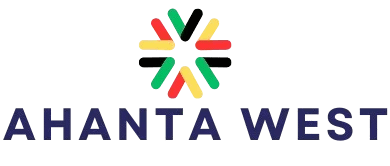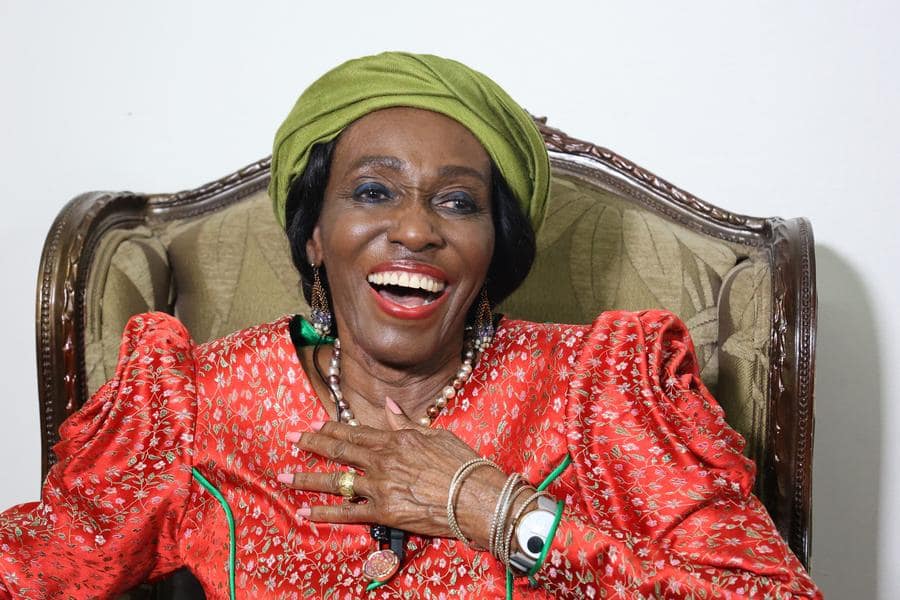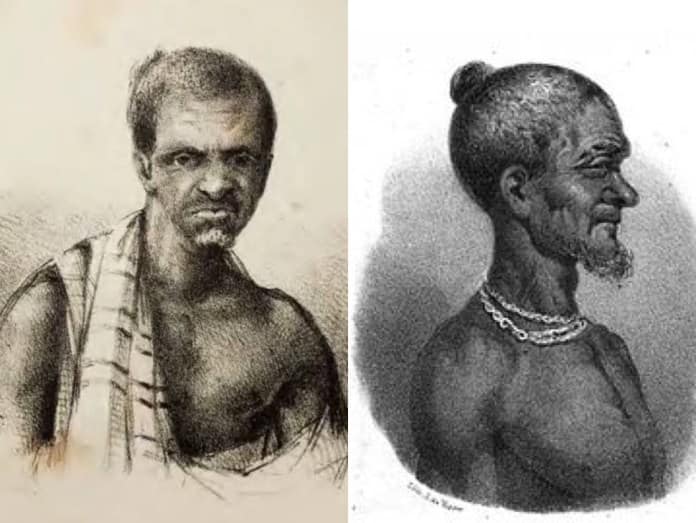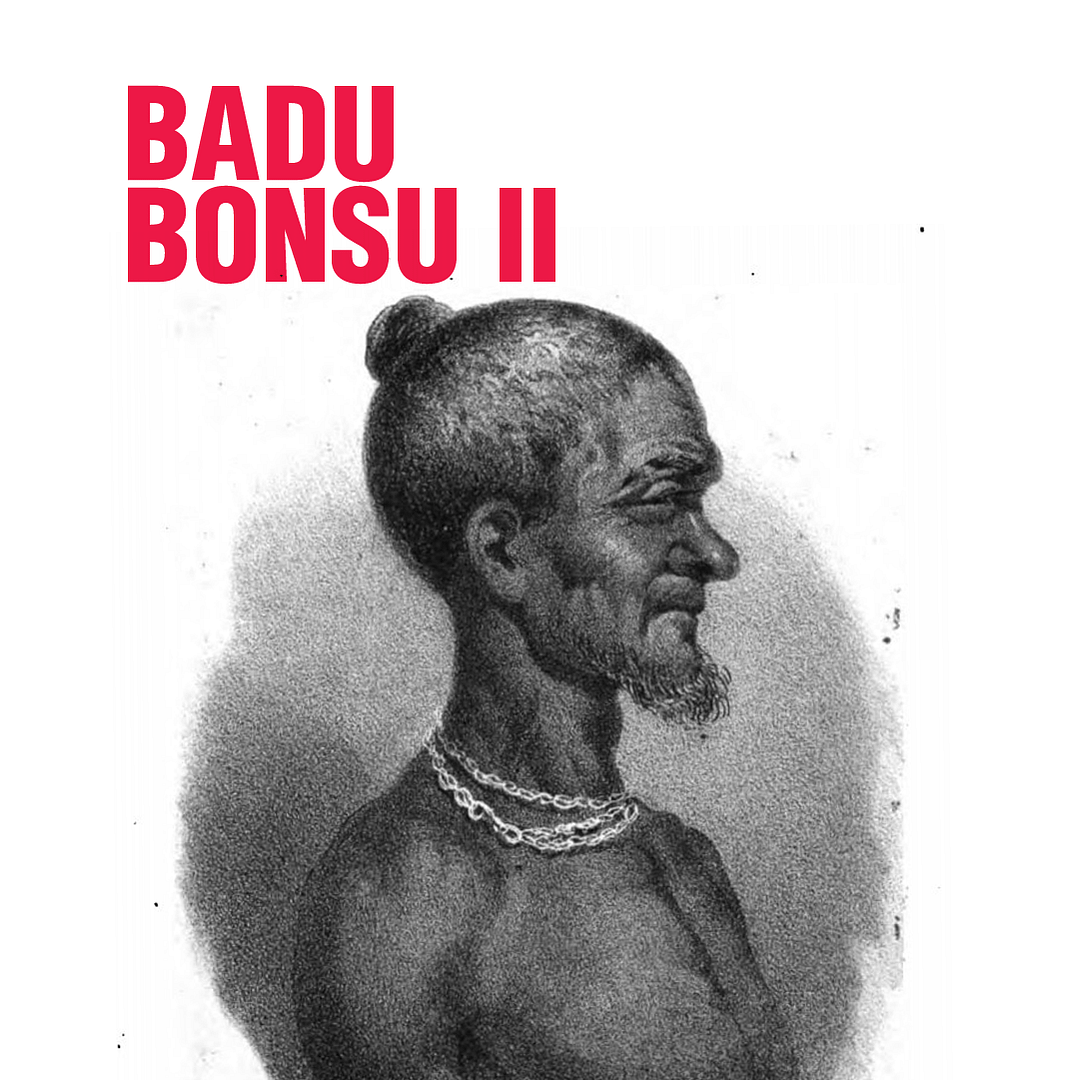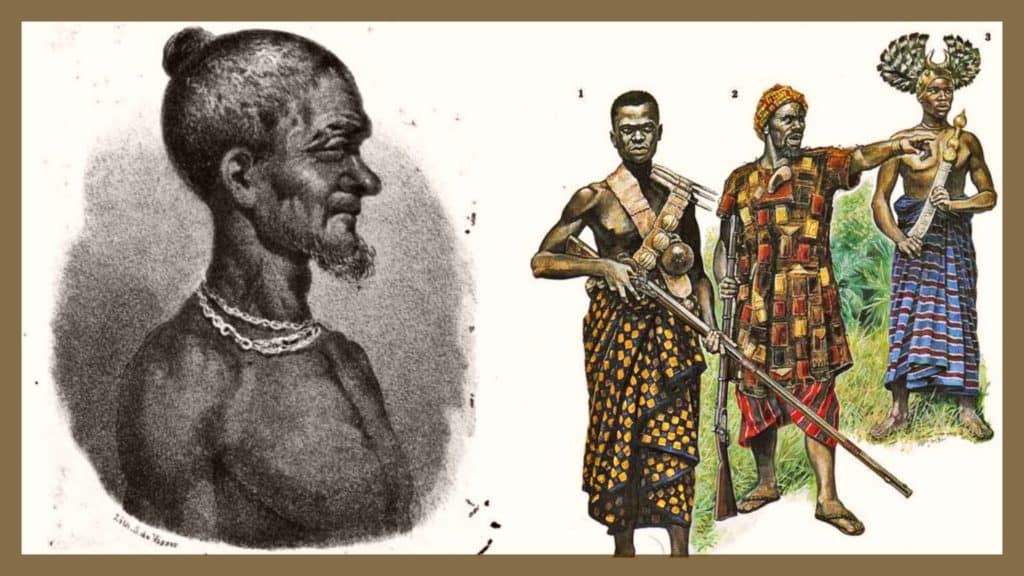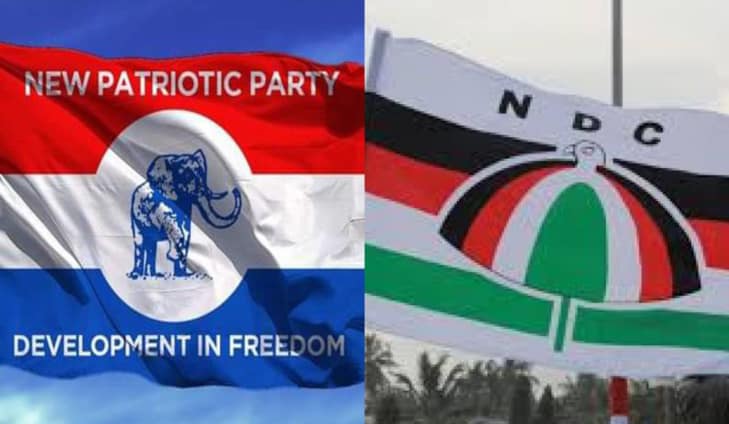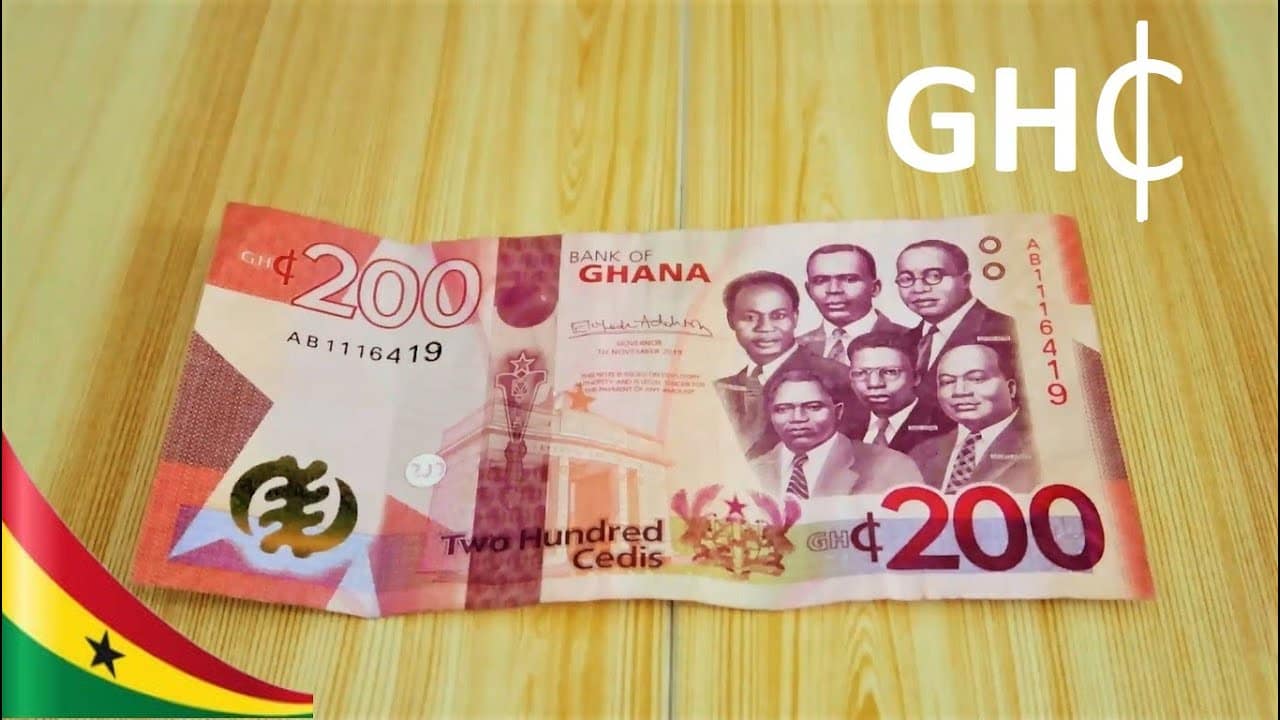
19th July 1965 — a date etched into the annals of Ghana’s economic and political history. On this very day, exactly sixty years ago, the Republic of Ghana made a bold and symbolic move to assert its sovereignty: it replaced the British Pound with its own national currency — the Ghana Cedi.
This transformation was not merely about changing the paper in people’s wallets; it was a profound economic and psychological shift that signaled Ghana’s readiness to chart its own financial course. Introduced under the visionary leadership of Dr. Kwame Nkrumah, the country’s first President, the Cedi became one of Africa’s first fully decimalized currencies, ushering Ghana into a new era of post-colonial financial autonomy.

Prior to 1965, Ghana — like many former British colonies — used the British Pound Sterling, along with a localized version of it (the Ghanaian pound, shillings, and pence system). But with growing calls for complete economic emancipation, the need for a home-grown currency became undeniable.
The Ghana Cedi (₵) was introduced with the conversion rate:
> £1 = ¢2.40
This exchange reflected a direct effort to stabilize the transition while aligning with Ghana’s newly adopted decimal monetary system — a pioneering move in Africa at the time. The Cedi replaced the Ghanaian pound at a rate of ¢2.40 = £1, and the Pesewa was introduced as its subunit (¢1 = 100 pesewas), simplifying accounting and everyday transactions.

The currency shift was part of a broader economic vision outlined by Dr. Nkrumah: to reclaim Ghana’s economic destiny from the hands of foreign control. As Ghana had already led the continent in achieving political independence in 1957, currency reform became the next frontier of self-determination.
Speaking during the launch, Nkrumah described the Cedi as “a symbol of national confidence,” emphasizing that economic independence was just as critical as political freedom. The move was accompanied by a nationwide awareness campaign, the redesign of coins and banknotes with national symbols, and the establishment of strong institutional frameworks to support monetary policy and banking.

Since its introduction, the Ghana Cedi has undergone several significant changes, reflecting the country’s evolving economic realities:
1965 – The Original Cedi (₵): Replaced the Ghanaian pound.
1967 – New Cedi (N¢): After a coup, a new Cedi was introduced to distance the economy from Nkrumah’s influence.
2007 – Ghana Cedi (GH₵): A major redenomination was implemented, slashing four zeros from the old currency (10,000 old cedis = 1 Ghana Cedi) to restore confidence in the currency and simplify transactions.
Today, the Ghana Cedi is managed by the Bank of Ghana, which plays a crucial role in maintaining price stability and steering monetary policy.

Marking 60 years of the Cedi is more than a commemoration of a currency — it’s a celebration of Ghana’s unrelenting pursuit of sovereignty and self-reliance. The currency has not only enabled domestic trade and financial planning but has also been an emblem of national pride, appearing on everything from schoolbooks to state documents and international agreements.
Challenges such as inflation, depreciation, and global market pressures have tested the resilience of the Cedi over the years. Yet, its continued existence and evolution are testaments to the determination of a nation committed to shaping its destiny.

As Ghana navigates the complex landscape of global finance — from digital currency innovations to regional economic integration efforts like the Eco (ECOWAS proposed currency) — the Cedi remains a strong reminder of the value of national identity in economic planning.
On this 60th anniversary, we celebrate the visionaries who dared to dream of a sovereign economic future, and the resilience of a people who continue to uphold that dream. The journey of the Cedi reflects Ghana’s story: proud, enduring, and forward-looking.
DISCLAIMER: The Views, Comments, Opinions, Contributions and Statements made by Readers and Contributors on this platform do not necessarily represent the views or policy of ahantawest.com
